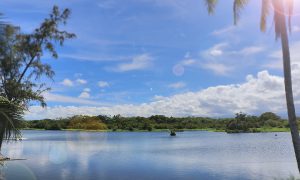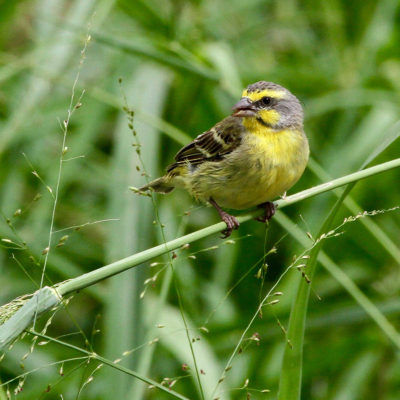Crithagra mozambica | yellow-fronted canary
Introduced
Other Names: yellow-eyed canary, green singing finch
The yellow-fronted canary was brought in from Africa in the 1960s and is currently only established on Oʻahu and Hawaiʻi Island. Their facial markings look like a large dark X when viewed from the front. The canary travels in small flocks, feeding on insects and seeds. Small at 4 ½ inches long, they are a greenish yellow to yellow, with females being dull.
Hotspots for yellow-fronted canary
- ʻAiea Loop Trail | Details for ʻAiea Loop Trail
- Kapiʻolani Park | Details for Kapiʻolani Park
- Kawainui Marsh | Details for Kawainui Marsh
- Lāʻie Point State Wayside Park | Details for Lāʻie Point State Wayside Park
- James Campbell National Wildlife Refuge | Details for James Campbell National Wildlife Refuge
- Kaʻena Point Trail | Details for Kaʻena Point Trail
- Keāhole Point | Details for Keāhole Point
- Kaloko-Honokōhau National Historic Park | Details for Kaloko-Honokōhau National Historic Park
- Honua‘ula Forest Reserve (Makāula -‘O‘oma section) | Details for Honua‘ula Forest Reserve (Makāula -‘O‘oma section)
- Pu‘u Wa‘awa‘a ʻŌhiʻa Trail | Details for Pu‘u Wa‘awa‘a ʻŌhiʻa Trail
- Waiki‘i (off Old Saddle Road) | Details for Waiki‘i (off Old Saddle Road)
- Palila Forest Discovery Trail | Details for Palila Forest Discovery Trail
- Pu‘u Huluhulu Trail | Details for Pu‘u Huluhulu Trail
- Pu‘u ‘Ō‘ō Trail | Details for Pu‘u ‘Ō‘ō Trail
- Kaulana Manu Nature Trail | Details for Kaulana Manu Nature Trail
- Kaūmana Trail | Details for Kaūmana Trail
- Wailoa River State Park | Details for Wailoa River State Park
- Loko Waka Pond | Details for Loko Waka Pond
ʻAiea Loop Trail
Wet forest
Kapiʻolani Park
Pasture and grasslands
Kawainui Marsh
Wetland
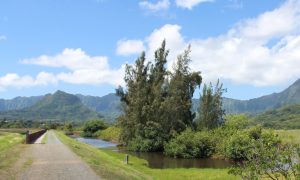
Lāʻie Point State Wayside Park
Coastal
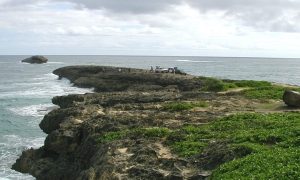
James Campbell National Wildlife Refuge
Wetland
Kaʻena Point Trail
Coastal
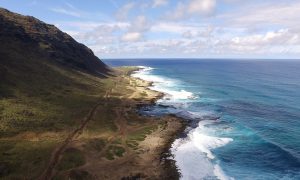
Keāhole Point
Coastal
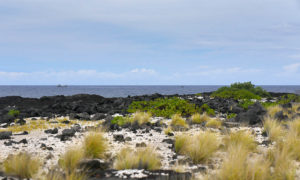
Kaloko-Honokōhau National Historic Park
Wetland
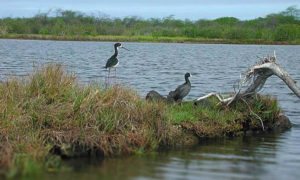
Honua‘ula Forest Reserve (Makāula -‘O‘oma section)
Wet forest
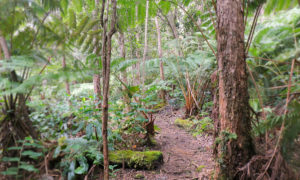
Pu‘u Wa‘awa‘a ʻŌhiʻa Trail
Dry forestPasture and grasslands
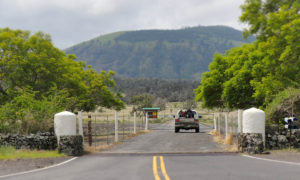
Waiki‘i (off Old Saddle Road)
Pasture and grasslands
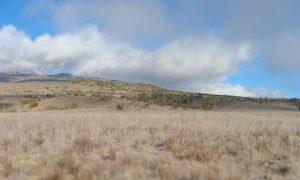
Palila Forest Discovery Trail
Dry forest
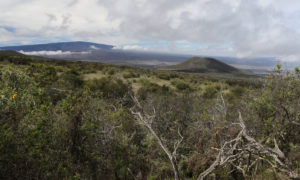
Pu‘u Huluhulu Trail
Dry forest
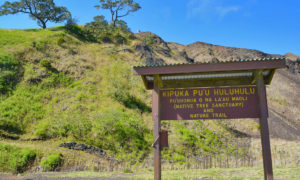
Pu‘u ‘Ō‘ō Trail
Wet forest
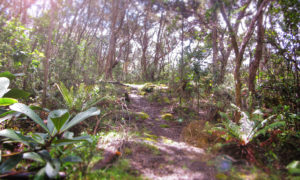
Kaulana Manu Nature Trail
Wet forest
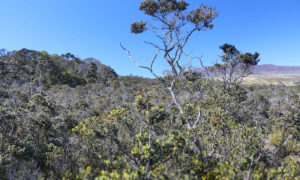
Kaūmana Trail
Wet forest
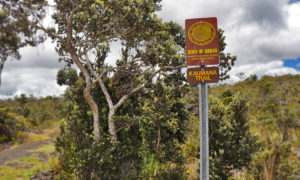
Wailoa River State Park
Wetland
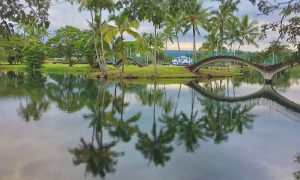
Loko Waka Pond
Wetland
